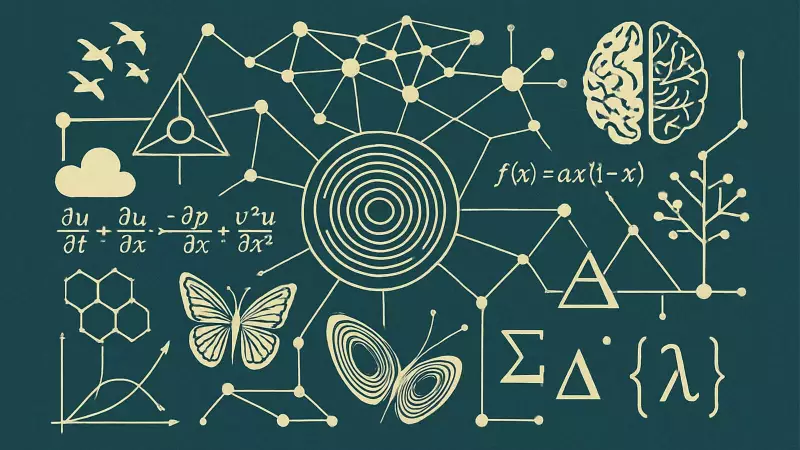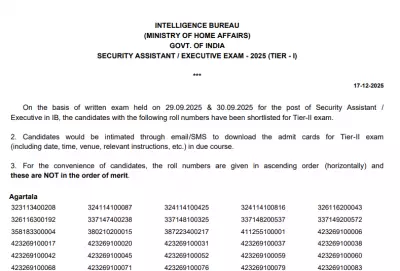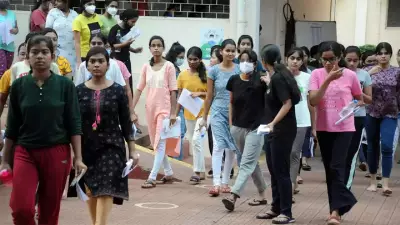
While Indian medical colleges excel at teaching anatomy, pharmacology, and clinical procedures, there's a growing gap between textbook knowledge and real-world medical practice. Recent discussions among healthcare professionals reveal that some of the most critical skills for successful medical careers are conspicuously absent from traditional curricula.
The Human Element: What Textbooks Can't Teach
Medical students spend years mastering complex scientific concepts, yet many graduate unprepared for the human aspects of healthcare. Patient communication skills remain one of the most significant gaps, with young doctors often struggling to deliver difficult news or explain complex medical conditions in understandable terms.
"We learn everything about diseases but very little about dealing with the people who have them," notes a senior resident doctor from a leading medical institute. "Breaking bad news, handling emotional families, and managing patient expectations - these are skills we typically learn through trial and error on the job."
Beyond Clinical Excellence: The Missing Curriculum
The shortcomings extend far beyond patient interaction. Medical education frequently overlooks several crucial areas:
- Financial Literacy: Most doctors enter practice with minimal understanding of practice management, medical insurance, or financial planning
- Digital Health Technologies: Rapid advancements in telemedicine and health tech demand digital proficiency not covered in traditional programs
- Mental Health Resilience: With healthcare professionals facing unprecedented burnout rates, self-care strategies remain an elective rather than core curriculum
- Interdisciplinary Collaboration: Effective teamwork with nurses, technicians, and administrative staff requires skills rarely formally taught
The Road Ahead: Bridging the Education-Practice Divide
Medical educators are beginning to recognize these gaps, with some institutions introducing innovative modules focused on soft skills development. Simulation-based communication training, mindfulness workshops, and business management electives are slowly finding their way into medical programs.
"The ideal doctor isn't just a walking medical encyclopedia," reflects a medical college dean. "They're healers, communicators, and leaders. Our education system must evolve to cultivate all these dimensions."
As healthcare becomes increasingly complex and patient-centered, the call for a more holistic medical education grows louder. The future of Indian healthcare may depend as much on these "untaught" skills as on clinical expertise.





